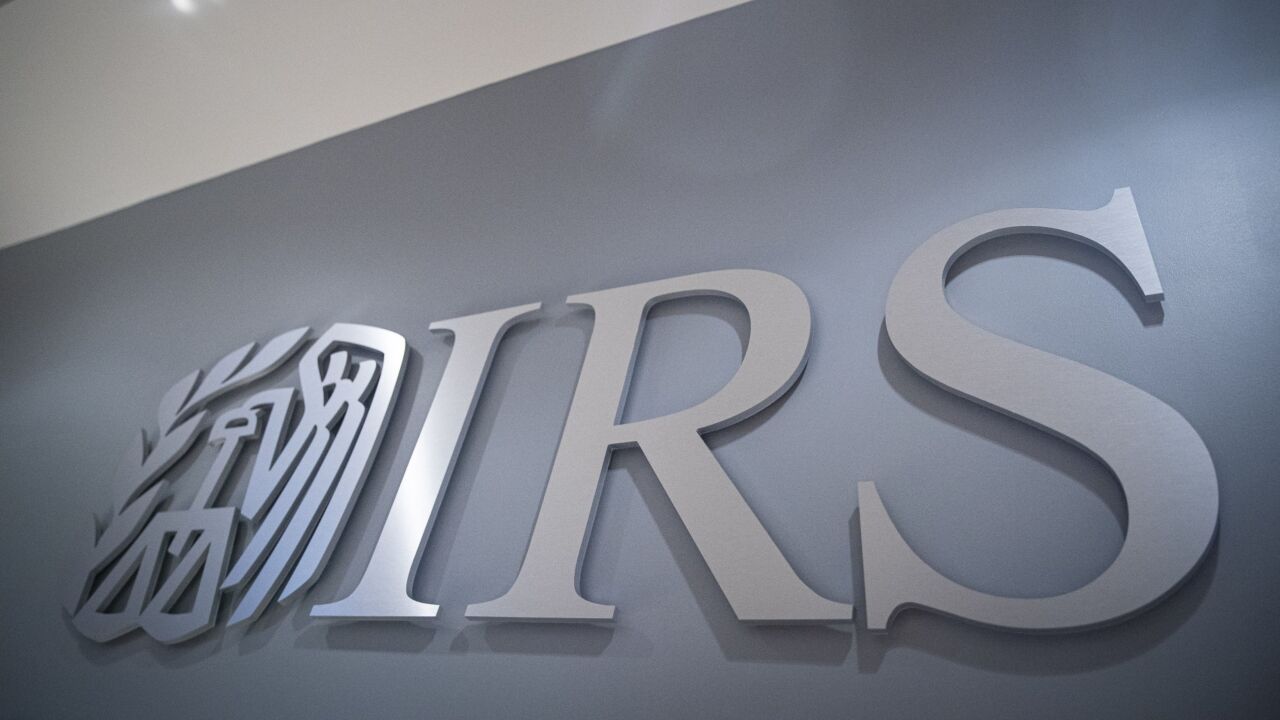Tax professionals who have begun working on their clients' tax returns this year are encountering a slight change in wording at the top of Form 1040 when it comes to declaring whether taxpayers bought or sold any cryptocurrency last year.
The IRS decided to change the term from "virtual currency" to "digital asset" this year so it would include more than just cryptocurrencies like Bitcoin, but also non-fungible tokens and stablecoins. The change first showed up on the draft version of the Form 1040 that the IRS previewed last August (
Tax-filing season kicked off Monday, and on Tuesday, the IRS revealed more information about the change and what it expects this year. The question appears at the top of not only

On top of that, the IRS has revised the instructions for answering the question and clarified them to help taxpayers answer it correctly. All taxpayers need to answer the question, whether or not they engaged in any transactions involving digital assets. Everyone who files a Form 1040, 1040-SR or 1040-NR will have to check one box, answering either yes or no to the digital asset question. For the 2022 tax year, the question asks: "At any time during 2022, did you: (a) receive (as a reward, award or payment for property or services); or (b) sell, exchange, gift or otherwise dispose of a digital asset (or a financial interest in a digital asset)?"
The IRS said the digital assets can include convertible virtual currency and cryptocurrency, as well as stablecoins and NFTs. Taxpayers will need to check the yes box if they:
- Received digital assets as payment for property or services provided;
- Transferred digital assets for free (without receiving any consideration) as a bona fide gift;
- Received digital assets resulting from a reward or award;
- Received new digital assets resulting from mining, staking and similar activities;
- Received digital assets resulting from a hard fork (a branching of a cryptocurrency's blockchain that splits a single cryptocurrency into two);
- Disposed of digital assets in exchange for property or services;
- Disposed of a digital asset in exchange or trade for another digital asset;
- Sold a digital asset; or,
- Otherwise disposed of any other financial interest in a digital asset.
Along with checking the yes box, taxpayers will need to report all the income related to their digital asset transactions, so other forms may be involved as well. The IRS gave the example of an investor who held a digital asset as a capital asset and sold, exchanged or transferred it during 2022. The investor would need to use
If an employee was paid in the form of digital assets, as some employers have done, they have to report the value of assets received as wages. Similarly, if they worked as an independent contractor and were paid with digital assets, they need to report that income on
On the other hand, not every crypto owner needs to check the yes box. If a taxpayer merely owned digital assets last year, but didn't sell or buy any, they can check the no box as long as they didn't engage in any transactions involving digital assets during the year. They can also check the no box if their activities were limited to one or more of the following:
- Holding digital assets in a wallet or account;
- Transferring digital assets from one wallet or account they own or control to another wallet or account they own or control; or,
- Purchasing digital assets using U.S. or other real currency, including through electronic platforms such as PayPal and Venmo.
For further information, see page 15 of the
This month, the IRS Office of Chief Counsel also clarified the rules surrounding donations of cryptocurrency and said in a





